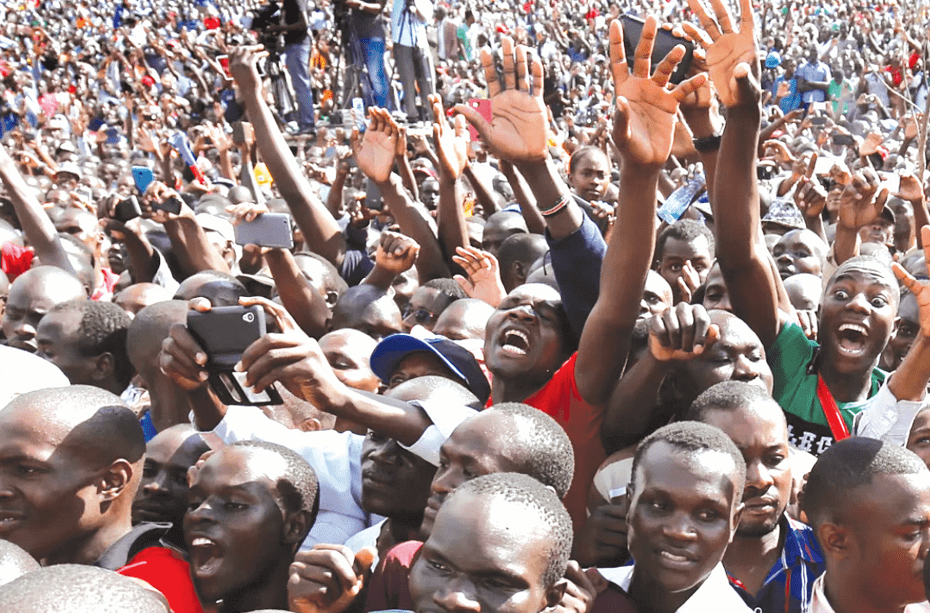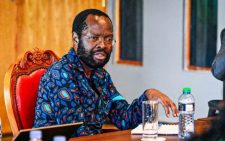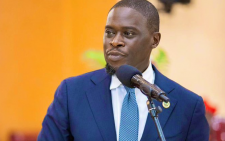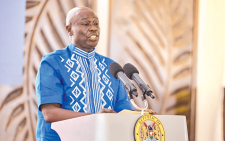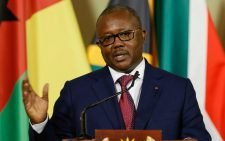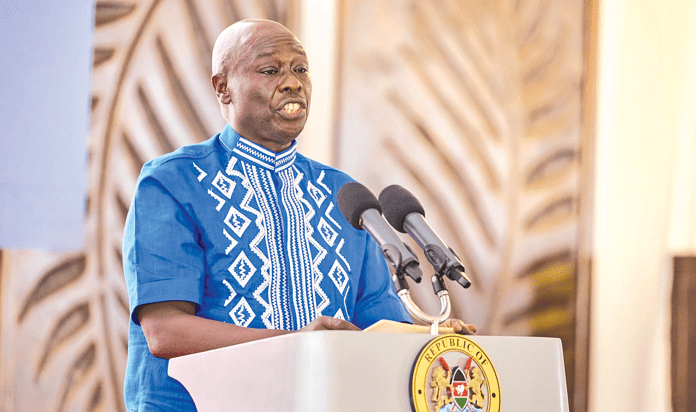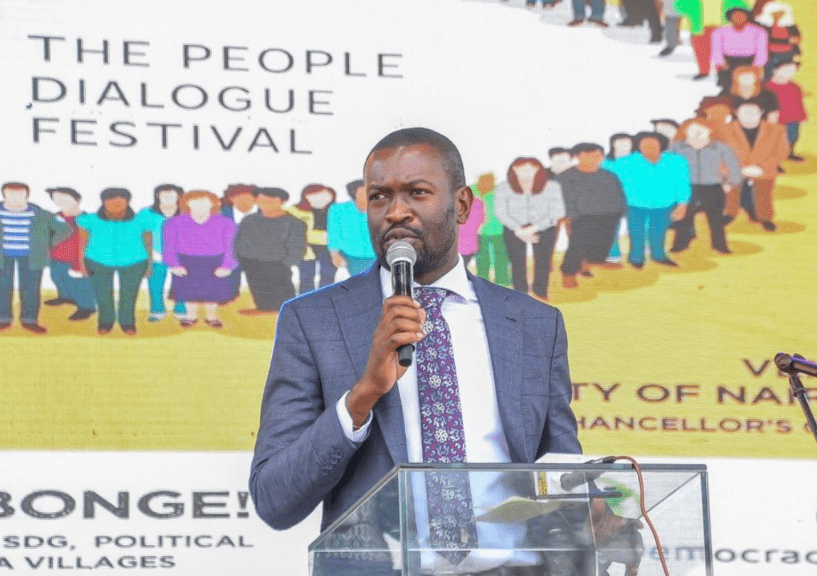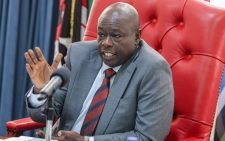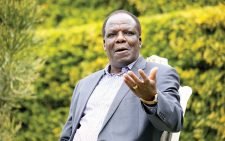A day in Kenyan politics can be long indeed. Look where the nation is today. Who would have imagined this only a year ago? Twelve months ago, the second-most powerful man in Kenya told the country that he had set traps all over State House to keep the opposition leader far from the coveted address.
But a year later, he is on the campaign trail and no longer talks about shareholding in government. Instead, the Deputy President is rallying his beloved mountain, issuing thinly veiled threats and plans he is laying for the 2027 general elections.
This time last year, the opposition leader, Raila Odinga, was smarting from street protests during which he was tear-gassed, shot at, named names and chased around town. But now, the republic’s president is set to launch the campaign for Mr Odinga, who is running to lead the African Union.
Times change!
As it changes, Kenya remains the same old country. Politics is still the fulcrum of national activity. This fastest-growing industry is the surest way to consolidate wealth.
The political class recently reappointed to the cabinet indicated that their wealth grew phenomenally over the last nearly two years in office. This clarifies why most people invest heavily to secure political office.
The discussion towards this end is sickening as it does not consider the public’s place in politicians’ plans. The group from the ODM block, only recently vehemently opposed to the government, is now emerging as the cheerleaders of the same government.
Their explanation is a thin argument that their opposition was misplaced. They opposed what they did not know, they say. They never understood what the government stood for, so they opposed it, but now that they are in the government, the argument goes that they know the government’s agenda and, therefore, are on board. The contradiction is that the larger body of the opposition group is still in the opposition, meaning they have yet to understand the government’s agenda.
However, the Mount Kenya political class feels betrayed. Their betrayal is based on something other than material substance, such as changing the government agenda, but instead on adding a handful of opposition figures into the government.
It is the surest indication that politics in Kenya has seldom been about issues, political platforms, or the welfare of the citizens. The Kenya Kwanza Coalition is still in power, and the government structure and agenda remain intact. The Mount Kenya political class is retreating into a closet to strategise how to avenge the betrayal of their cause. The cause may need to be clarified save for individual interests cleverly framed as regional cause. In the process, the regional group positions itself as more sinned against than sinning. But by who? It would almost appear that the opponent is the rest of the country, led by the western block.
But what exactly has been the offence of the western block against the Mountain’s political class? For the six decades since independence, the block of the West has never been in power with the influence to allocate resources.
Jaramogi Oginga Odinga, Moody Awori, Kijana Wamalwa, and Musalia Mudavadi have held the number two position at one time or another, but with limited powers and over short stints. For Mudavadi, it was a matter of mere months.
Common sense would have suggested that the position of fortune that Mount Kenya has held in the national power structure would have engendered humility, viewed the opportunity to serve the nation as a privilege rather than a right, and a chance to cause the better angels of Kenya to shine.
Kenya is stronger together if it can harness its diversity, bring it to the table of common good, and direct that energy to national growth rather than the obsession with parochial agenda at the expense rather than in common cause with the rest of the country.
GenZ seemed to light a torch of hope that the country could finally mature. But the nation’s old demons refuse to be buried. We are where it all started: parochial interest viewed through the prism of the tribe.
— The writer is the Dean of Daystar
University’s School of Communication

